Uncategorized
-
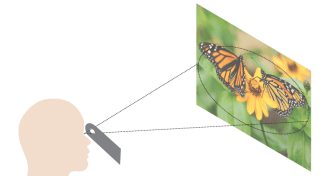 Neuroscience
Neuroscience3-D effects may require one eye only
Peering through a peephole can bring flat images to life.
-
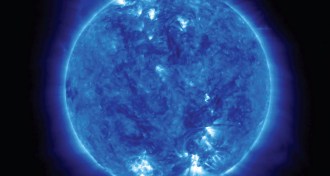 Astronomy
AstronomyQuiet maximum
By almost any measure, this solar maximum has been pathetic. No more than 67 sunspots have appeared in a month so far; at the last peak, in 2000, that number was above 120.
-
 Psychology
PsychologyThe bright side of sadness
Bad moods can have unappreciated mental upsides.
By Bruce Bower -
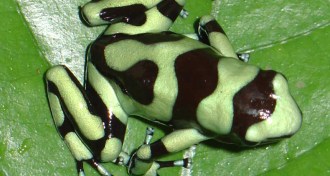 Animals
AnimalsAmphibian killer forces immune-cell suicides
Fungal menace to frogs and their kin shuts down key parts of the animals’ defenses.
By Susan Milius -
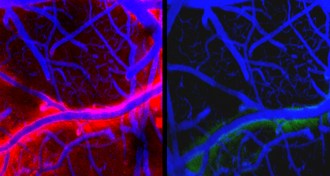 Neuroscience
NeuroscienceSleep allows brain to wash out junk
Discovery of fluids flowing in mice while they slumber could lead to better treatments for Alzheimer’s disease.
-
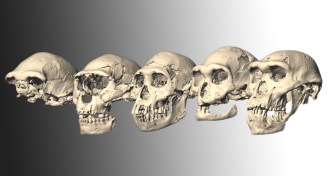 Anthropology
AnthropologyFossil skull points to single root for human evolution
New find suggests that humankind’s origins trace to an ancient species that spread from Africa to Asia.
By Bruce Bower -
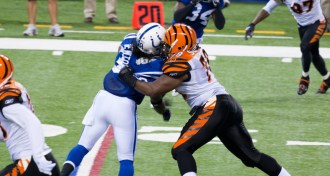 Neuroscience
NeuroscienceNFL players’ brains take a hit
Brain scans reveal hidden abnormalities in retired football pros.
-
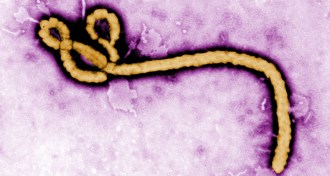 Health & Medicine
Health & MedicineHopes raised for Ebola treatment
Most monkeys given dual therapy survive infection with lethal virus.
By Nathan Seppa -
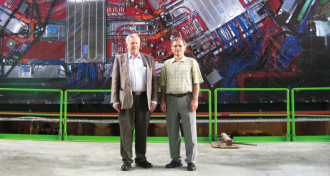 Particle Physics
Particle PhysicsNobel’s sharp cuts
Gerald Guralnik was home when he learned online that physicists François Englert and Peter Higgs had won the Nobel Prize in physics for formulating the same theory he had proposed nearly 50 years ago.
By Andrew Grant -
 Astronomy
AstronomyGalaxy’s gas molecules reveal its structure
Astronomers have tracked carbon monoxide flowing both toward and away from NGC 1433’s central supermassive black hole.
-
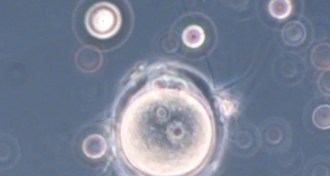 Animals
AnimalsLurking males lead to hard-to-fertilize mouse eggs
Mixed-sex society raises resistance to sperm in what may be a long-running arms race between the sexes over fertilization.
By Susan Milius -
 Physics
PhysicsNew limit placed on physics constant
An analysis of how much the fine structure constant varies with the density of matter may help scientists determine whether the parameter changes with time.